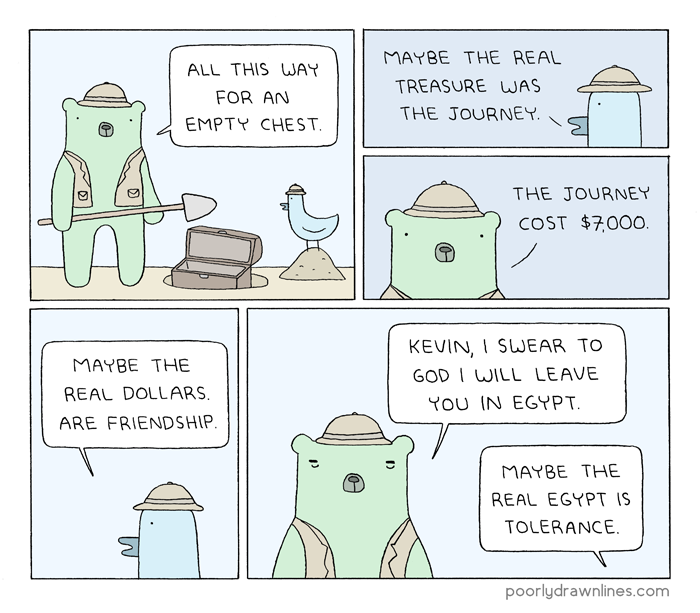LESS T_T
Arcane
- Joined
- Oct 5, 2012
- Messages
- 13,582
![The Year of Incline [2014] Codex 2014](/forums/smiles/campaign_tags/campaign_incline2014.png)
Oh, and from a Polygon article about decade long development cycle: https://www.polygon.com/2019/8/14/20752364/what-goes-wrong-diablo-3-decade-10-year-development
“A DECADE ISN’T NEARLY ENOUGH”
Some developers in the indie space don’t see a 10-year development as a stigma, or even a mark of failure. Robert Kurvitz is the lead designer at ZA/UM, the studio developing Disco Elysium, an eccentric computer RPG in the tradition of Baldur’s Gate that seeks to overturn decades of conventional role-playing traditions.
“We are trying to make a new kind of RPG that is almost unrecognizable even to people who grew up on these games,” he says. “That kind of work takes serious time. To me, it takes as long as it takes.” A self-styled provocateur, Kurvitz compares his endeavor — which has taken 15 years so far — to that of one of his literary heroes, the epoch-defining Russian novelist Leo Tolstoy, who famously spent years polishing his major works, like Anna Karenina.
Disco Elysium began life as a tabletop game that Kurvitz and a handful of friends ran as a shared world-building exercise, before transforming it into a video game once they realized they wanted to surpass the limitations of the pen-and-paper space. Kurvitz admits that his team’s approach to game development runs counter to what most studios consider the central tenets of the field. But, as he puts it, most studios are trying to improve slightly upon their heroes, make a minor contribution to a well-trod genre, or merely keep a giant company from falling to pieces. He likens the development process of a big-budget game to a war — both sides draw their lines, the stakeholders create a blueprint, and the machine begins to chug forward, loudly and publicly, and rarely according to plan. To Kurvitz, a game like Disco Elysium is more akin to a revolutionary conflict, with ZA/UM taking the side of the guerrilla fighters ducking in the jungle.
The team has had a lot more freedom over the course of Disco Elysium’s development cycle by charting its own path, eschewing external funding to tinker about with mechanics in the garage. But now that it’s ramped up production, which necessitated taking money from investors to build out the game, the team is a lot more vulnerable than the hypothetical war machines. “Once you’re out of the basement, running out of money becomes a serious concern,” Kurvitz says with a laugh.
At first, as with most pen-and-paper experiences, Disco Elysium took place in a fantasy world that the developers built out as they played. A year or two in, however, they came to an upsetting conclusion. “At a certain point, we just realized that the name of every city in the world sounded really stupid to say,” Kurvitz says. “That’s when we decided to move up to a more steampunk-ish setting, and that’s a major part of why that’s the setting of Disco.”
Though ZA/UM has been very cagey about the game’s details so far, even 15 years into development, this is clear: Disco Elysium casts you as a police officer in a decrepit city teetering on the verge of collapse, investigating odd crimes including grisly murders. According to Kurvitz, the game’s layered world and “fail-forward” approach to conflict resolution — inspired by design trends in the tabletop space that allow players to continue to contribute to the story even when they lose a fight or fumble a task — is what sets it apart from the raft of CRPG-style fare that has flooded the market in recent years. Unlike in most video games, absolute control over your player character isn’t a given. Your “willpower” is a stat, and when the invisible dice roll below the target number you need to succeed, you might do something a bit embarrassing, such as smoking an entire carton of cigarettes or licking a liquor-stained carpet.
Your character’s build doesn’t just determine your capability to succeed in the choices you make; it determines what choices you can make, or how you perceive your environment in the first place. For example, if you’re big and burly with a high “Fysique,” you’re more likely to view violence as the only solution to a problem, while a more intellectually inclined character might lack empathy or self-control. This all goes back to Kurvitz’s stated goal of making player characters feel less like avatars for wish fulfillment and more like actual human beings, with their own thoughts, feelings, and limitations.
To him, the task of trying to move the genre in a less escapist direction is a task of decades, not mere years. “I think with billions of people on the planet, to some degree, if a thing is possible for humans to do, we will eventually do it,” he says. “In the past, when the technology used to make games was less developed, it was possible to make a smaller thing that changed things, or moved us forward. Now, with so many people making games, I think it takes many years to make something that is actually revolutionary, which is what we’re trying to do. Both the spear itself and the act of throwing it must be honed to such a fine edge. If I were to make a sequel to Disco, that would seem to be a 20-year project or more, to me. Soon enough, I believe art will move in a direction of works that span generations. It is not just a hypothetical.”







![Glory to Codexia! [2012] Codex 2012](/forums/smiles/campaign_tags/campaign_slushfund2012.png)






























